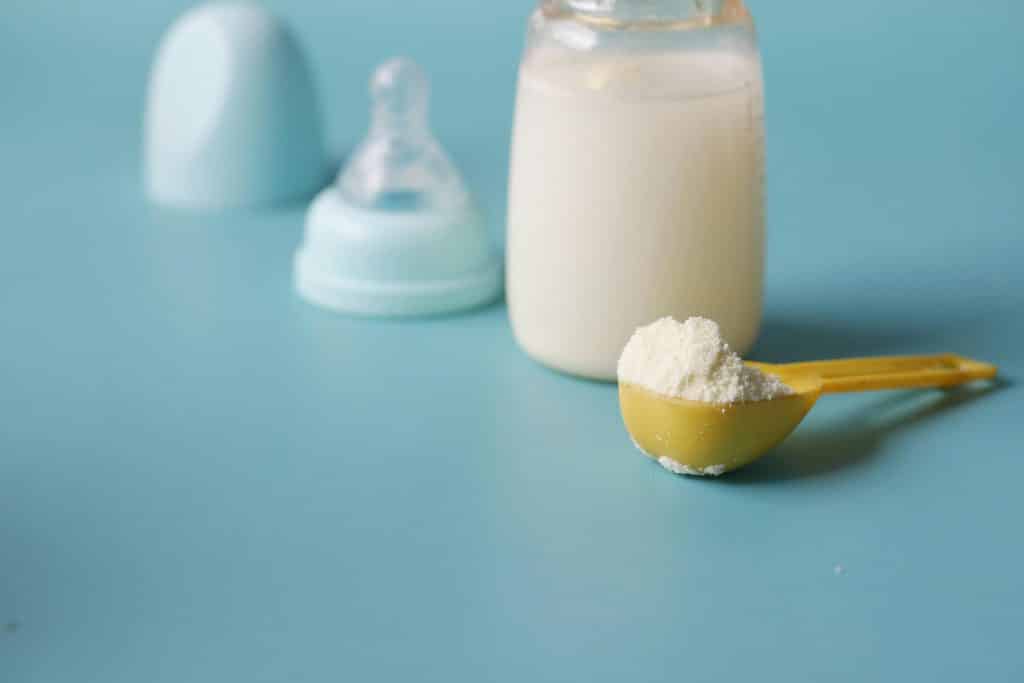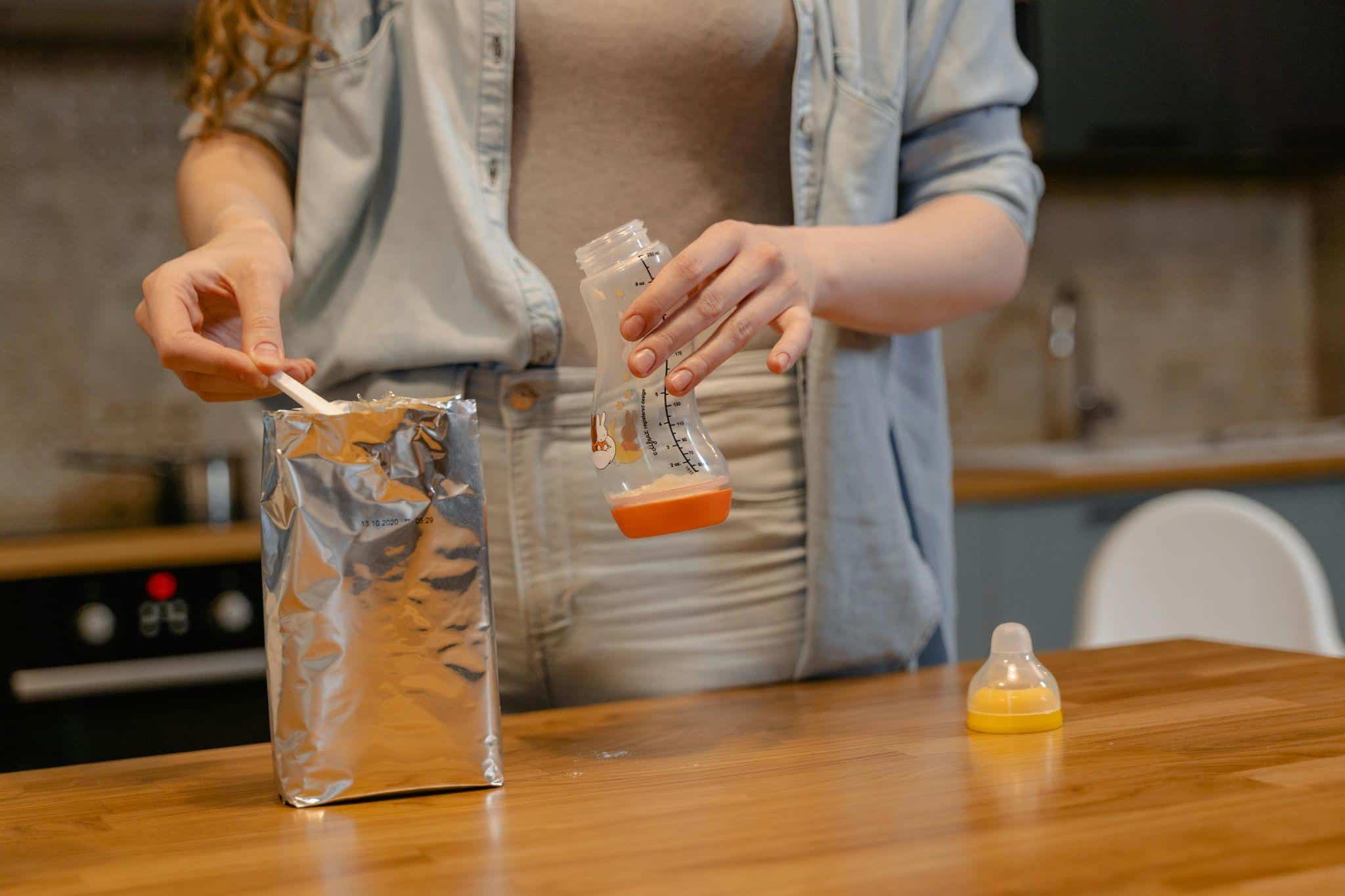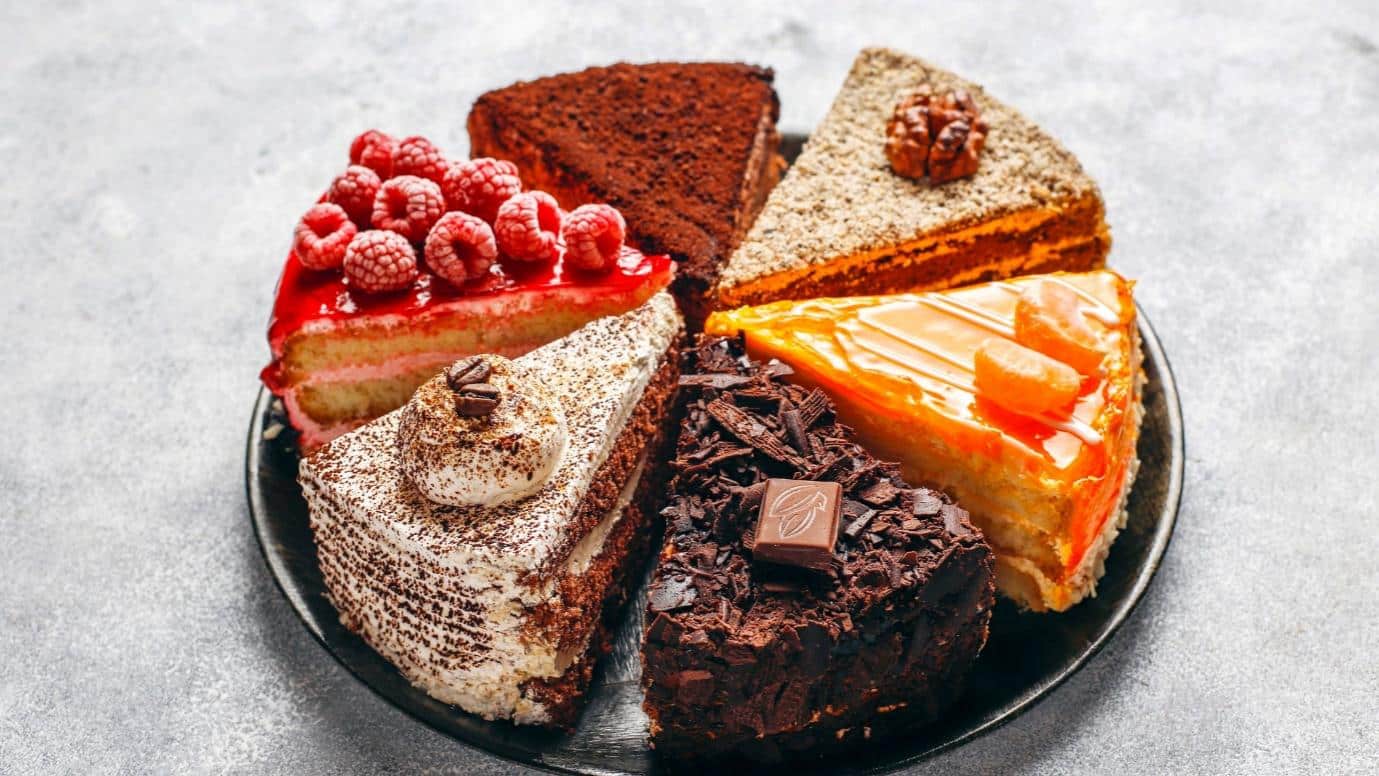It starts small—maybe your baby isn’t latching well, or your supply drops, or you just want the freedom to let someone else handle the 3 a.m. feeding. So, you decide to try a formula.
Then the questions hit you like a freight train.
Which one? Why are there so many kinds? What’s the difference between “gentle” and “sensitive”? Why does one cost $22 and another $60? And is everyone secretly importing formula from Europe now?
The truth? Most parents eventually figure it out, and you will too. With the right info, you can go from totally overwhelmed to quietly confident. Let’s figure this out together.
The Pressure Is Real (But Mostly Unnecessary)
A baby formula isn’t a “last resort.” It’s food. Good, regulated, safe food. According to the DGA, 75% of U.S. infants receive some formula by the time they’re six months old. That’s three out of four babies. You’re not doing anything unusual—or wrong.
Still, with so many options out there, it’s no wonder parents spiral. Cow’s milk-based, soy-based, hydrolyzed, organic, hypoallergenic, goat milk (wait—goat?)… and don’t even get started on stages and supplements. So, how do you figure out what’s actually best for your baby?
The Main Formula Types: A Quick Guide

Feeling overwhelmed? Before looking at brands or labels, you need to understand the basic types. Otherwise, it’s just marketing noise.
Cow’s Milk-Based Formula
The standard. Modified for baby digestion, and usually well-tolerated unless allergies are involved. Contains added nutrients like iron and DHA.
Partially or Fully Hydrolyzed (Hypoallergenic)
Great for sensitive tummies. These break proteins into smaller pieces to reduce allergy risk and aid digestion. Not always needed—but a game-changer for some babies.
Soy-Based
Dairy-free and plant-based. Useful if the baby has a diagnosed cow’s milk allergy and can tolerate soy. (Not all do.)
Goat Milk or “Gentle” Formulas
Becoming more popular for babies with digestion struggles. Typically, closer in protein structure to human milk.
Why Everyone’s Talking About European Formula
If you’ve poked around parenting forums lately, you’ve probably heard the whispers: “Have you tried HiPP?” “I swear Holle saved us.” “We only use Kendamil—nothing else worked.”
Here’s what’s going on: European baby formulas often have tighter ingredient standards than their U.S. counterparts. No corn syrup solids. No artificial preservatives. Often organic.
And while these used to be tough to get, it’s gotten easier. A solid source, Formuland offers a selection of these European options, including HiPP Dutch, HiPP Comfort, and HiPP HA—all in one place. No need to hunt around or cross your fingers on international shipping.
Having access to these brands locally can save a lot of hassle, especially when you’re searching for something gentle and close to breast milk.
Sometimes, just knowing where to look takes a load off.
Think About Your Baby (Not Everyone Else’s)

Let’s say your friend swears by a goat milk formula and her baby sleeps eight hours straight. Amazing. But if you try the same one and your baby’s stomach revolts? That doesn’t mean you chose “wrong.” It just means your baby is “different.”
Here’s a little cheat sheet to help narrow it down:
|
Baby Need |
Formula Type |
Example Formula |
|---|---|---|
|
Frequent spit-up, reflux |
Anti-Reflux or Comfort Blend |
HiPP Comfort |
|
Allergy to cow’s milk |
Hypoallergenic Formula |
HiPP HA Stage 1 |
|
Wanting fully organic & clean |
Organic European Formula |
HiPP Dutch Stage 1 |
|
Dairy intolerance, plant-based |
Soy-Based Formula |
Enfamil ProSobee |
Pay attention to how your baby reacts. Gassiness, fussiness, constipation, rashes—all are signs their tummy’s not loving the current formula. And if you’re unsure? Talk to your pediatrician. Or trust your gut. Probably both.
Final Thoughts: Clarity Beats Perfection
Let’s get one thing straight: there’s no gold medal for picking the “best” formula. There’s only what works for your child and your sanity.
That might be a name-brand U.S. formula from your local pharmacy. Or it might be a specialty blend from FormULand that makes your baby less colicky and your nights less chaotic. Both are valid. Both are good parenting.
The goal isn’t perfection. It’s nourishment. Comfort. Rest. And maybe, one day, a full night’s sleep. So, breathe. You’re already doing the hardest part—showing up, paying attention, and caring deeply. You’ve got this!








